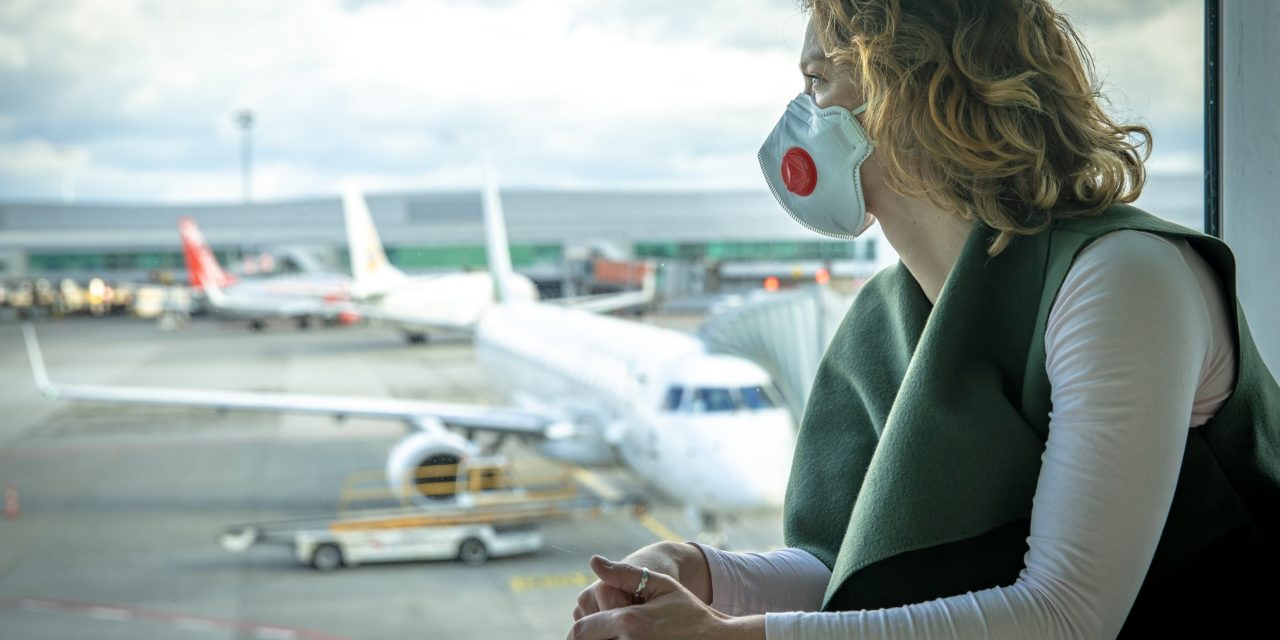Individuals participating in the J-1 Visa Exchange Visitor Program were faced with a difficult choice in the hours after President Trump issued travel restrictions to Europe: leave their program in the United States or risk getting stuck until the coronavirus was contained.
From then on, the clock was ticking for thousands of people—the United States distributes roughly 300,000 J-1 visas yearly. These visas allow qualified foreign nationals to participate in work- and study–based exchange visitor programs. More than 200 countries are represented by these J-1 visa recipients.
Trump’s announcement on March 11 placed restrictions on entry for both immigrants and non-immigrants from 26 of these countries due to ongoing coronavirus concerns.
Travel restriction proclamations often come with little advanced notice. In this case, many exchange visitors got stuck in the United States, unable to return home. Others could not fly back to the United States after traveling abroad for their program or leisure.
Those who were outside of the country had 48 hours to book flights to return to their program. Due to the high demand for overnight flights, prices ranged from $2,000 to up to $5,000. Many were unable to book flights.
Amid the chaos and confusion, many exchange visitors living in the United States were also receiving communications from their embassies on what their own governments’ border restrictions and protocol would entail.
Some exchange visitors are still in limbo.
If they leave the United States, they cannot reenter until travel restrictions are “terminated by the president.” It is unclear when those restrictions will be lifted. Some can’t return home to family because of their home country’s entry restrictions.
Consequently, exchange visitors remain separated from their parents, children, and spouses.
One J-1 recipient’s husband had accompanied her on her program in the United States. He went home on routine work travel, only to discover that he would not be able to return to the United States.
Though these individuals have stayed in touch virtually, they are uneasy about the uncertainty that these restrictions entail, as well as their duration apart.
Many Peruvian exchange visitors have also found themselves stranded.
Peru’s borders closed to limit the international spread of the virus. In the midst of this turmoil, embassies and consulates have banned together to assist Peruvians in finding humanitarian flights back home. But this hasn’t been easy. Some people on J-1 visas report having to fly to neighboring countries to get back home.
For Canadian J-1 exchange visitors, Prime Minister Justin Trudeau called for Canadians abroad to return home. This directive puts them in the uncertain position of deciding between completing their duration of the program or weathering the coronavirus storm at home.
Thankfully, some companies that sponsor J-1 visa holders are supporting their international staff who have been unable to return home. Some have been allowed to extend their stay on company property and continue their program, even if the nature of their job has changed.
The coronavirus has transformed exchange visitors’ lives. As the United States continues to combat the virus, our policies must take into consideration how pandemics can affect our international exchange program and the people and companies that depend on it.
FILED UNDER: covid-19, Exchange Visitor


